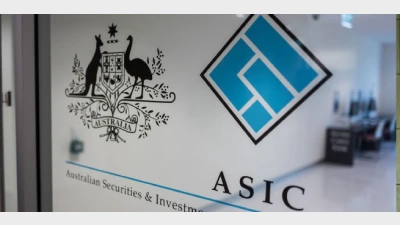Govt needs to properly fund SCT wind-down



The Federal Government needs to ensure adequate funding for the Superannuation Complaints Tribunal (SCT) until such time as the new Australian Financial Complaints Authority (AFCA) regime is appropriately up and running, according to the Association of Superannuation Funds of Australia (ASFA).
The ASFA has used its pre-Budget submission to argue that there are sufficient continuing uncertainties around the transition to the new AFCA regime to require that the Government ensure on-going Budget funding for the SCT.
“It is the Government’s stated intention that AFCA will address all new complaints—including superannuation complaints—from 1 July 2018, and that the SCT will cease operations on 30 June 2020,” it said. “However, the Bill to establish AFCA has not yet been passed by Parliament and, given the magnitude of the work yet to be done to implement the new EDR framework, a start date of 1 July 2018 may not be possible.”
The ASFA submission said that, as well, considerable changes and transition were involved, including the transition from a statutory tribunal model to a hybrid ombudsman scheme.
“The adequacy of the $9.5 million funding allocation for the SCT will be dependent on a number of factors, including whether AFCA will in fact be ready to take new superannuation complaints from 1 July 2018,” it said. “Should the SCT be required to accept new complaints beyond this date, its caseload will continue to increase and this will have consequential impacts on its funding and resourcing needs and the time needed for the SCT to wind down.”
Recommended for you
State Super has begun its partnership with Frontier Advisors, transferring investment staff and taking a major equity stake to support long-term capability.
The fund has recorded double-digit MySuper gains over the year to 31 October, outperforming market medians and highlighting global equities and private credit positioning.
The regulator invited industry feedback on stamp duty and private debt disclosure reforms following its targeted review of investment reporting.
The winners have been announced for the 2025 Super Fund of the Year Awards, held in Melbourne on 26 November.









